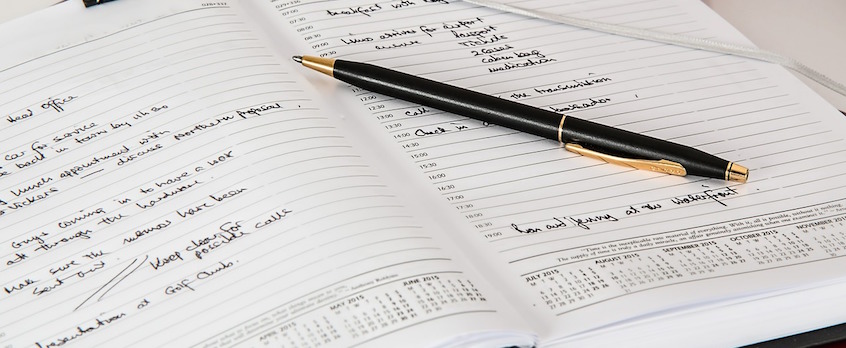How to be Ready and Present Your Best Self This Summer
Do you just want to listen instead of reading? Watch the video below:
It may feel early, but it is already time to start thinking about summer plans! Everyone’s summer looks different, and we all have our way of learning music and preparing ourselves for the summer. As soon as you know your plans, it's time to start preparing and learning your music. Using your time wisely can ensure you are the very best singer you can be when you walk into your program. Before you start your summer journey, create a road map for how you will work on your music! Let this road map guide you as you practice and prepare. The more prepared you are, the easier your summer will be.
April – Prep and Practice
The very first thing you need to do is update all of your materials. Wherever you go this summer, you should bring along a handful of resumes, headshots, and business cards to pass out to anyone who might hear you sing. Many summer programs offer master classes and/or opportunities to sing for guests. You should always be ready to present your materials in those situations.
Next, prepare and practice all of your music. When you get your music assignments, start by purchasing anything you need to start learning your music. Make sure you check with your program for the correct edition of the scores. After you receive all of your music, you should start looking over the score, translating, and learning.
Finally, before you start learning the music, you should research your character and the history behind the opera. Knowing the history and backstory of your character can really influence how you learn the role. Check out your local library, search online, or ask a friend if they have any resources that can help you!
May – Learn and Memorize
Since you have already ordered your music and gathered your other materials, you can now start learning your music. Break the piece up into smaller sections and make sure to practice any sections you had a hard time with the first time around. As you continue to learn your music, you can also add memorization to your practice. Memorizing your music in small chunks allows you to really isolate each section and learn it well. Don't forget to learn the translation to your text as well as memorizing the original language, so you actually know what you are talking about. Memorization can take time. If you start early, it will be easier to be completely off book for the first day of rehearsals. If you need a break from memorizing, you can always head back to the piano. Use short breaks to keep working on your notes, rhythms, and texts as you continue to perfect your role.
June – Polish and Pack
You have been practicing and memorizing for some time, and now you need to get the music on its feet. You should take your music to a teacher or coach to work on difficult areas, diction, or any other section that may need help. Try as much as you can to work off book so you can walk into rehearsal ready to go.
As for packing, start making a list of what you need to take with you. Once you have a list, packing will be a lot easier. You can also make a separate list of music-related items that you may need for your summer events. If you don't know what kind of attire you need for performances, classes, or rehearsals, reach out to a program coordinator for clarification.
June/July – Perform
This is it! However, your work isn't over yet - in fact, it is just beginning! Once you get to your program, you still have so much to learn and put into your music. You will be staging and blocking, as well as getting notes from various people throughout the day. When you have spare time, look over your score and think through your blocking. Walking through the blocking each day will help solidify what you've learned and will make you more prepared for the next day.
You've spent your time preparing, practicing, and getting ready for your summer program all year, and now it is time to shine and enjoy it! Once you get to your program, one of the most important things to remember is to say something with your music. You have worked so hard on this music that you love, now allow yourself to share the love and passion that you have poured into each note with your audience.








